Becoming Pilgrims of Hope: A Light in the Dark
What does it mean to “become”?
This is a big question, one that is challenging to define fully. For me, the Church’s teaching on Baptism offers a helpful starting point. However, before I begin, I would like to provide some polite disclaimers:
- I am not a theologian; I am simply offering my reflection, guided by the Holy Spirit.
- I do not have all the answers; I am still learning, which is why this retreat is so important.
- I am broken, imperfect, and human, like everyone else. This is not an instruction manual, but a humble attempt to write what the Spirit inspires.
Baptism: The Beginning of Becoming
According to the Catechism of the Catholic Church, Article 1, 1992, Baptism is the basis of the whole Christian life, the vitae spiritualis ianua, the gateway to life in the Spirit. Through Baptism, we are freed from sin and reborn as sons of God. We become members of Christ, are incorporated into the Church, and made to share in her mission.
I remember from my First Communion days hearing that Baptism is an “outward sign of an inward grace.” In other words, it is both a gift and a call. We are filled with the Holy Spirit, purified from original sin, and sent on a lifelong pilgrimage, a journey to grow in God’s love and share it with the world.
Becoming looks different for everyone. Some live it in consecrated life, others in marriage, raising children, and fulfilling God’s mission on earth. I don’t intend to dwell too much on this; however, it is pertinent to understand how Baptism makes us become and the responsibility expected of us.
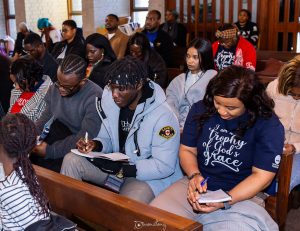 Why Become?
Why Become?
We live in a world that idolizes self-reliance and willpower. Social media, communities, and even the Church sometimes promote the idea that we can control life through sheer determination. While self-care and discipline are not inherently wrong, they can subtly replace dependence on God. We were not made to rely solely on ourselves. Our very existence is rooted in knowing God, loving Him, and finding our joy in Him.
St. Augustine famously said, “Our soul is restless until it rests in you.” This restlessness is a reminder that no amount of self-effort can replace surrender to God’s love and mercy. He gives this freely, without expecting anything in return.
The late Pope Francis declared this year a Year of Jubilee, a call to renewal, forgiveness, and hope. The theme, “Pilgrims of Hope,” reminds us that hope is central to our journey as Christians. We are called to be light-bearers in a world that can feel dark and broken.
Becoming Pilgrims of Hope: Bearing God’s Light in the Dark
The question then becomes: how do we become pilgrims of hope? How do we find light in darkness, and how do we even shine it? I don’t have all the answers. I know what it feels like to experience spiritual dryness, doubt, and longing for God’s presence. Sometimes our prayers feel silent, and hope seems distant. But even in these moments, God invites us to keep seeking Him, to keep showing up in prayer, and to trust that He is at work in ways we may not immediately see. I am thankful for people who kept reminding me about this.
 Spiritual darkness can be a form of spiritual growth, a weaning off dependence on emotions and the “feels.” It is a season that challenges us to question what we think we know, to rely more fully on God, and to appreciate glimpses of His glory even more. In embracing this and other life struggles, we become pilgrims, moving forward with hope and carrying God’s light even when it feels faint.
Spiritual darkness can be a form of spiritual growth, a weaning off dependence on emotions and the “feels.” It is a season that challenges us to question what we think we know, to rely more fully on God, and to appreciate glimpses of His glory even more. In embracing this and other life struggles, we become pilgrims, moving forward with hope and carrying God’s light even when it feels faint.
Attributes of Hope and How to Keep Hope Alive
As pilgrims, hope is not passive; it has attributes that guide our journey. I identified three key attributes of hope:
- Vulnerability – Allowing ourselves to be honest about our struggles and doubts, trusting God even when we feel weak. I am a work in progress. I am learning to trust God with everything, including things I thought I could handle myself. This goes hand in hand with total and complete surrender. I am learning to trust God with just today, not the next day or month. To be honest, this is hard. I also realize that, despite my best intentions, I cannot rely on my strength alone. I need God’s help. I wish I could say I practice it all the time, but, as I said, I am a work in progress.
- Openness – Remaining receptive to God’s grace, to new experiences, and to the ways He works in our lives. This is new for me. I am often slow to respond, partly due to fear, self-doubt, stubbornness, and laziness. This is the area I need God’s grace the most. Please pray for me.
- Patience – Trusting God’s timing, enduring trials, and remaining steadfast even when answers do not come quickly. I wish I could say I am patient, but I am not, not in the very least. Worst of all, I sometimes attempt to blackmail God, to put Him in a box and force His hand. I think God sometimes looks down from heaven wondering when I will learn. I hope it is soon.
We are all works in progress. To keep hope alive, I am learning to nurture it in practical ways:
- Knowledge of who we are in God – Reminding myself of my identity as a beloved child of God. Sometimes the accuser tries to tell me otherwise. This is something we all need to be intentional about.
- Prayer – Staying connected to God through daily conversation, reflection, and surrender. It requires intention. Prayer is our way of building friendship with God; it is our way of telling Him, “You are important in my life.”
- Faith – Trusting in God’s promises, believing that He is at work even when we cannot see the outcome. St. Thomas Aquinas defines faith as “a habit of the mind by which eternal life begins in us, a habit which makes the intellect assent to things that are not apparent.” Faith requires practice; it is not dormant or latent. Faith also defies human explanation and logic. This outlook requires relationship, built through intention and through the testimonies of others.
- Community – Surrounding ourselves with fellow pilgrims who encourage, challenge, and support us in faith. We are made for community, even the creation of the first human involved co-labouring within the Trinity: “Let us make man in our image and likeness” (Genesis 1:26).
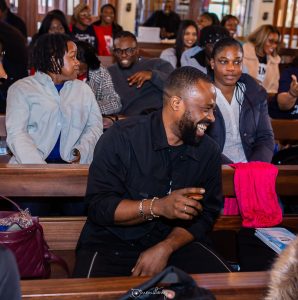
Conclusion
Becoming a pilgrim of hope is not about perfection. It is about presence, persistence, faith, and trust. Even when the darkness lingers, we walk forward, guided by hope, strengthened by faith, and inspired by love. In a world filled with noise and distractions, may we remember that our mission is simple: to know God, to love Him, and to carry His light into every corner of our lives. Amen!
As we count down to the retreat, please ponder these questions:
- How am I nurturing hope in my life today, and what step can I take to deepen it this week?
- Have I been struggling with surrendering to God? How can I relinquish control?
- How can I be a light to family, community, and the world?
May God bless you immensely and give you the courage to bear His light with fervour and grace.
Amen!
~ Chiamaka Umeadi

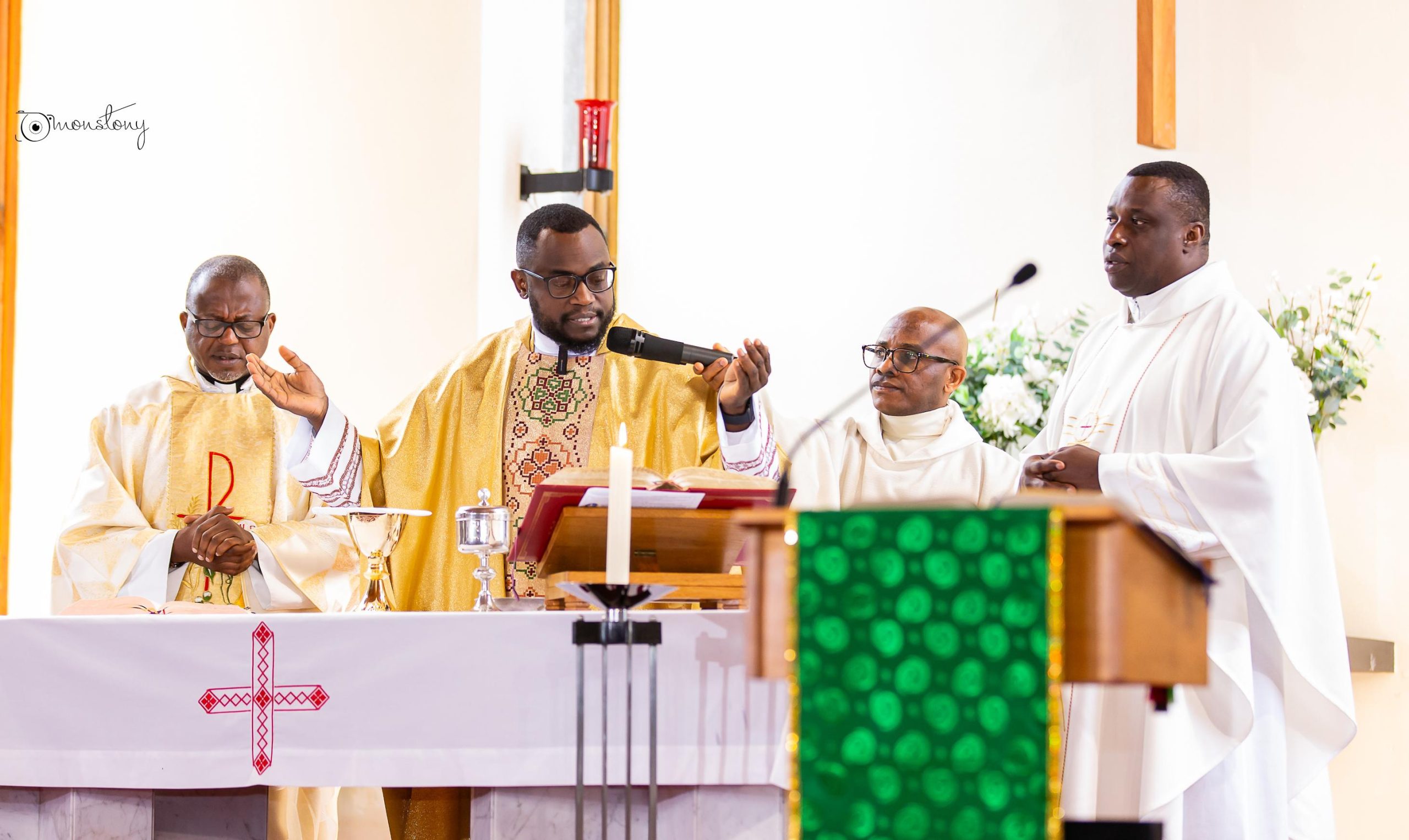
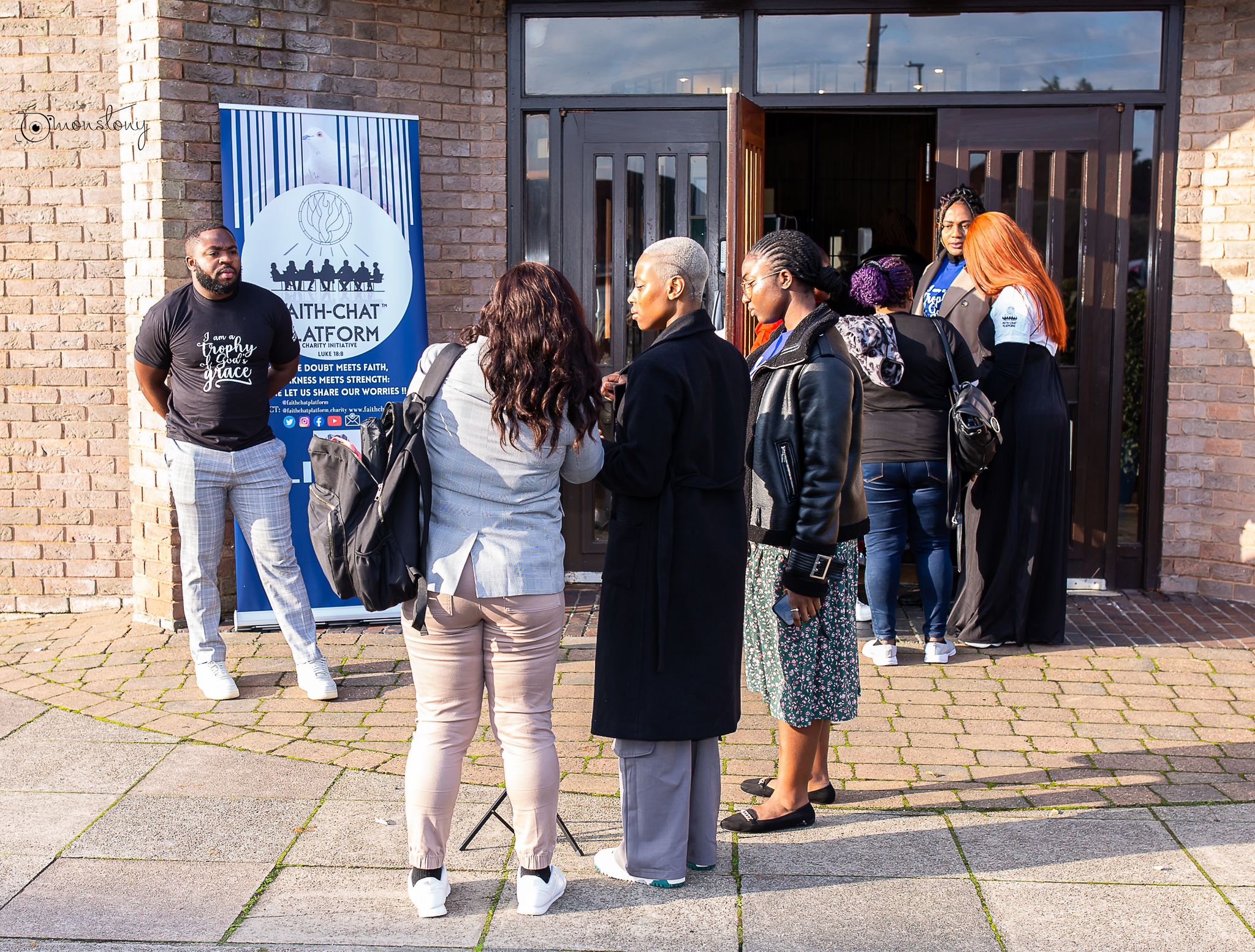
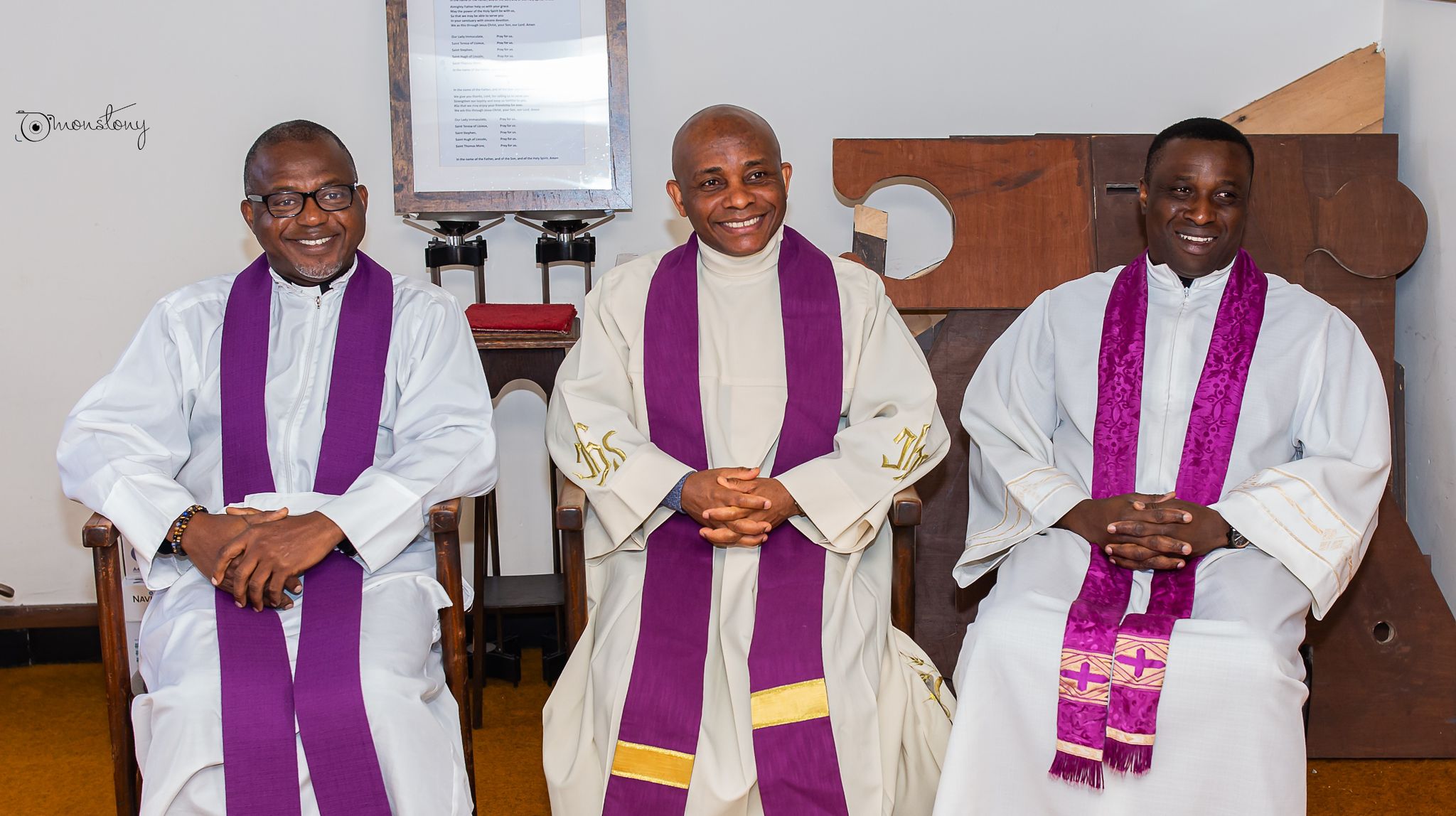

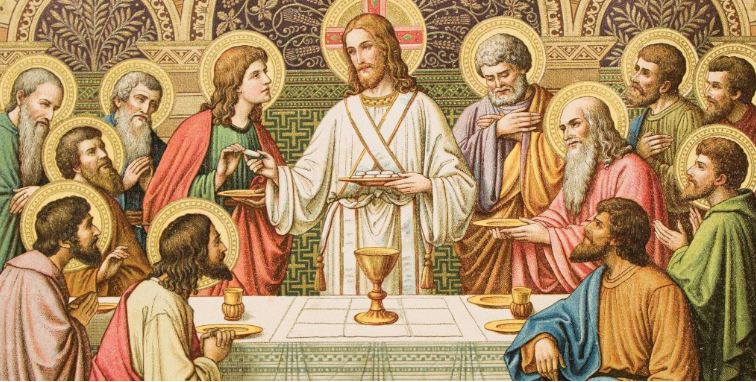


[…] booklets, or Bibles, by inviting someone to Mass, to a parish group, or to a retreat like our Becoming Retreat, these small acts may seem ordinary, but they can touch hearts and plant seeds of […]